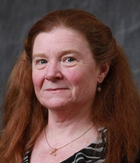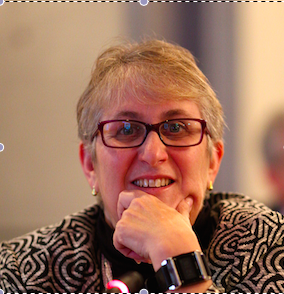ISWC 2018 workshop
Tuesday, October 9th, 2018
Monterey, California, USA
Many of the Social Good topics can benefit from the sort of unplanned,
cross-domain, rapid-prototyping analysis that Linked Data makes possible.
We’ve learned that measuring topics like poverty, health, economic opportunity
and equality can be substantially more nuanced by considering broader categories
of data than organizations traditionally collect for their own use.
Past conferences have had individual presentations on topics that involve
Semantic Web for Social Good. This workshop is intended to present multiple topics,
to better identify intersections, overlaps, opportunities for accelerated
advancement, and opportunities for shared abstractions.


